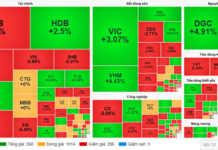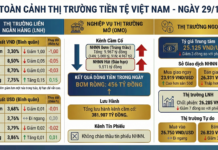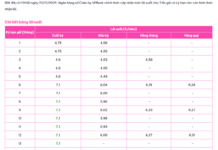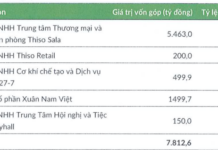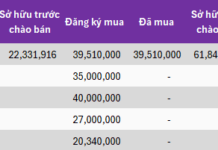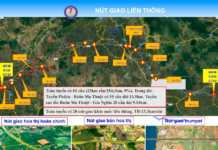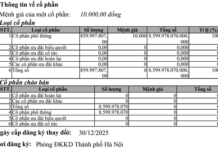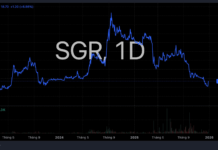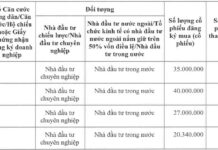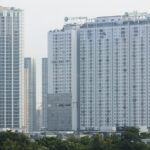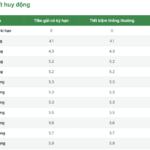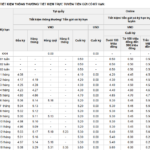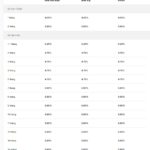Borrowers Grapple with Floating Interest Rates
Ms. Dang Thanh Mai, a customer of V. Bank, shared that since the beginning of the month, the floating interest rate applied to her home loan has been 14.4% per annum, a 2% increase compared to the previous month.
Meanwhile, the first-year preferential interest rates for home loans have also risen by 1-2% per annum compared to the previous month. Specifically, ACB offers 8% per annum; ABBank 9.65% per annum; Sacombank 7.49% per annum; VIB from 7.8% per annum; and BVBank 8.49% per annum.
The increase in home loan interest rates comes amidst a recent surge in deposit interest rates. Except for state-owned banks, private banks have continuously adjusted their deposit rates upward. Consequently, the 6-month deposit interest rate for private banks has largely surpassed 6% per annum. For large deposits, the 6-month interest rate can reach up to 7.1% per annum.
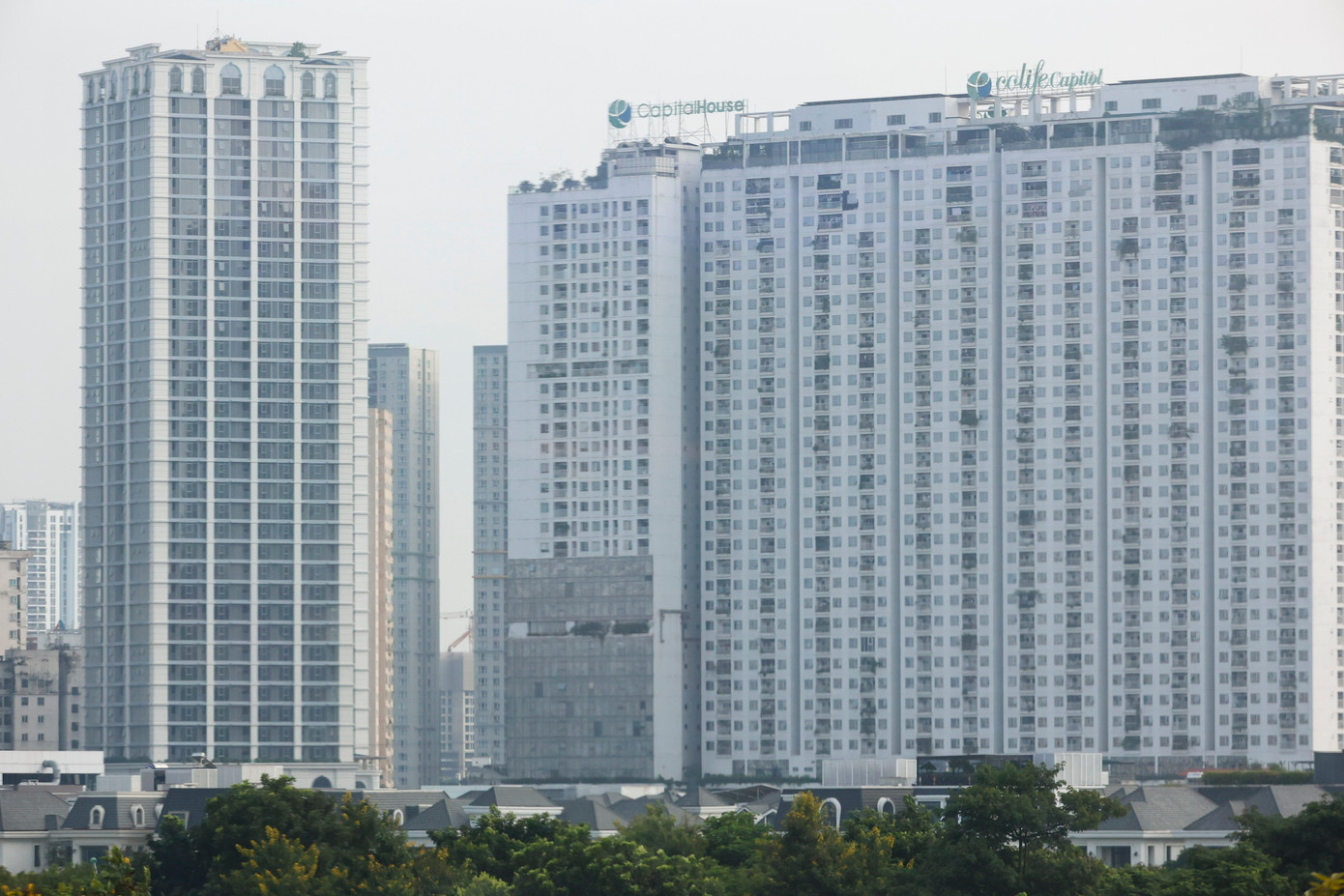
Rising loan interest rates will curb speculative real estate investments (Photo: Nhu Y).
The State Bank of Vietnam reported that as of September 30th, the average lending interest rate for new transactions by commercial banks was 6.54% per annum, a 0.4% decrease compared to the end of 2024.
However, according to homebuyers, the 6-7% per annum interest rate only applies during the initial promotional period, primarily as a customer attraction strategy or due to developer interest rate support. After the promotional period ends, the floating interest rate typically ranges from 12-14% per annum, placing significant pressure on borrowers.
Will Real Estate Speculation Decline?
In an interview with Tien Phong Newspaper, Mr. Nguyen Van Dinh, Vice Chairman of the Vietnam Real Estate Association, stated that 2025 is considered a pivotal year, marking the beginning of a recovery phase after the crisis, despite lingering risks that need to be identified and managed.
Mr. Dinh noted that over the past three years, the real estate market has been severely impacted by global economic challenges and domestic economic fluctuations in Vietnam. Liquidity has declined, capital has tightened, numerous projects have stalled, and businesses have faced payment pressures, creating a prolonged “bottleneck” situation.
However, since the end of 2024 and more prominently in the first quarter of this year, the market has shown clear signs of recovery. “We affirm that the market has passed through its most difficult phase and is now rebounding,” Mr. Dinh emphasized.
Nevertheless, this recovery is not entirely healthy. According to Mr. Dinh, part of the renewed vibrancy stems from speculative factors, as investment demand has surged more than actual home-buying demand. A key reason lies in the loose credit policy maintained throughout 2024 and continuing into the early months of this year. Easy access to cheap capital has fueled short-term investment activities, leading to “hot” transactions in certain areas despite insufficient real demand.
Mr. Dinh cited data showing that by September, the banking system had injected nearly 18 million billion VND into the economy, with 4 million billion VND flowing into real estate, equivalent to about 25% of total credit. This proportion reflects the banking sector’s significant efforts to support economic recovery and alleviate difficulties in the real estate market. However, it also poses challenges, as a portion of this capital has not met real needs but has instead flowed into short-term investment channels, posing risks to sustainable development.
The Government has directed ministries and sectors to research the use of various market regulation tools, such as tax and credit policies, along with appropriate management measures to curb speculation and control capital flow into “hot” segments. The Vietnam Real Estate Association has also proposed the application of these tools. However, Mr. Dinh stressed that their implementation should follow a clear roadmap, categorizing different groups to avoid conflating genuine homebuyers with speculators. “We combat speculation but cannot hinder legitimate housing needs,” he said.
One notable recent development is the interest rate hike by several banks. According to Mr. Dinh, this is part of the natural banking cycle, as credit institutions must rebalance interests after a prolonged period of prioritizing economic support. Additionally, the interest rate increase signals that the market is showing signs of overheating, necessitating a “soft brake” from the financial system to maintain stability.
“Rising interest rates will undoubtedly reduce short-term investment activities, particularly speculative transactions. However, in the long term, this adjustment benefits the market by filtering out financially weak investors, allowing capital to flow into segments with real demand and feasible projects. Reducing speculation is not a negative sign. On the contrary, it is a necessary step for the market’s sustainable development,” Mr. Dinh analyzed.
According to Mr. Dinh, the Government maintains a flexible management approach, closely monitoring market dynamics to make appropriate adjustments. This flexibility has been crucial in keeping the real estate market stable in recent years and will continue to play a vital role in the 2025-2026 period. “When adverse signs emerge, policies will be adjusted in a more positive direction. This fosters significant market confidence,” he affirmed.
He believes that from the end of this year and into 2026, as management measures take effect and speculative activities gradually decrease, the market will evolve toward higher quality, stability, and sustainability.
Three Major Banks Hike Savings Interest Rates
OCB, TPBank, and VIB have emerged as the latest commercial banks to raise deposit interest rates across various terms, marking a significant shift in the financial landscape.


